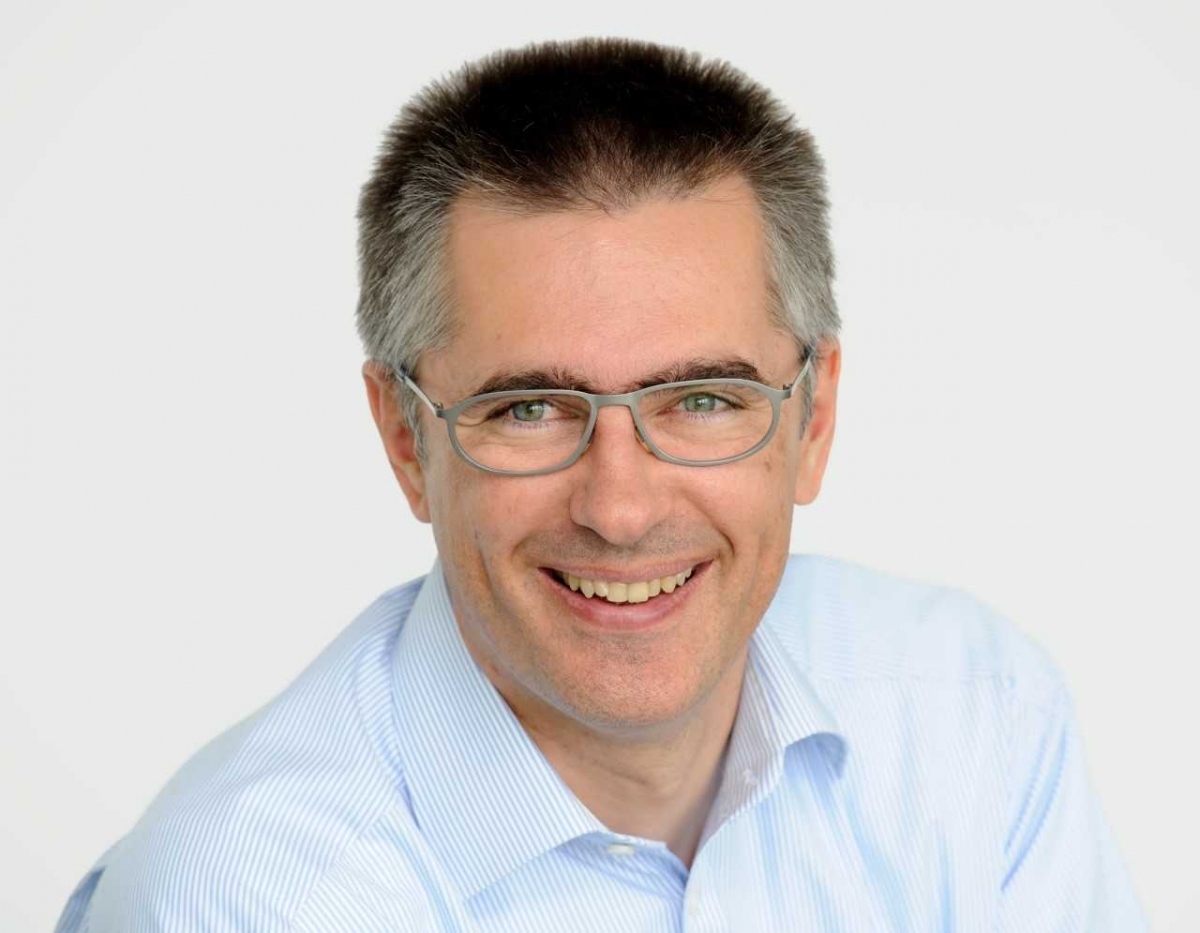- Über uns
- Junge NWG
- Aktivitäten
- Karriere
- Meetings

Prof. Dr. Nikolaus Plesnila
Prof. Dr. Nikolaus PlesnilaKandidat Sektionssprecher "Klinische Neurowissenschaften"
GSN Associate Faculty |
 |
Curriculum Vitae
|
| since 10/2011 |
INSTITUTE FOR STROKE AND DEMENTIA RESEARCH (ISD) UNIVERSITY OF MUNICH MEDICAL CENTER, MUNICH, GERMANY Professor of Experimental Stroke Research |
| 2008-2011 |
ROYAL COLLEGE OF SURGEONS IN IRELAND (RCSI), DUBLIN, IRELAND SFI Stokes Professor of Neuroscience and Chair of Neurodegeneration |
| 2005-2008 |
DEPARTMENT OF NEUROSURGERY UNIVERSITY OF MUNICH MEDICAL CENTER, MUNICH, GERMANY Professor of Experimental Neurosurgery |
| 2001-2005 |
INSTITUTE FOR SURGICAL RESEARCH, MUNICH, GERMANY UNIVERSITY OF MUNICH MEDICAL CENTER Principal Investigator |
| 02/00-02/01 |
LABORARTORY OF STROKE AND NEUROVASCULAR REGULATION HARVARD MEDICAL SCHOOL, BOSTON, USA Research Fellow of the German Research Foundation (DFG) |
| 02/99-02/00 |
LABORARTORY OF STROKE AND NEUROVASCULAR REGULATION HARVARD MEDICAL SCHOOL, BOSTON, USA Postdoctoral Research Fellow |
| 1995-1999 |
INSTITUTE FOR SURGICAL RESEARCH, MUNICH, GERMANY UNIVERSITY OF MUNICH MEDICAL CENTER Postdoctoral Research Fellow |
| 1993-1995 |
INSTITUTE FOR SURGICAL RESEARCH, MUNICH, GERMANY UNIVERSITY OF MUNICH MEDICAL CENTER Research Associate |
Education / Degrees
| 2004 |
UNIVERSITY OF MUNICH MEDICAL CENTER, MUNICH, GERMANY Habilitation for Experimental Neurosurgery Role of mitochondrial proteins for post-ischemic cell death |
| 4/89-10/91 |
TECHNICAL UNIVERSITY OF MUNICH MEDICAL SCHOOL, MUNICH, GERMANY M.D. (Dr. med) Student in Immunology Studied the ability of γδ-T-lymphocytes to recognize cellular and bacterial superantigens |
| 11/88-5/93 |
TECHNICAL UNIVERSITY OF MUNICH MEDICAL SCHOOL, MUNICH, GERMANY Medical Student |
| 10/86-8/88 |
UNIVERSITY OF REGENSBURG MEDICAL SCHOOL, REGENSBURG, GERMANY Medical Student |
Wissenschaftliche Schwerpunkte
The main interest of the Plesnila Laboratory is to study cerebral microvessels in health and disease and to use the evolving knowledge to develop novel therapeutic strategies for patients. For this purpose, we use in vitro and in vivo models for acute and chronic brain disorders, e.g., ischemic and hemorrhagic stroke, brain trauma, migraine, and cerebral small vessel disease, and investigate neuro-vascular morphology and function by using AAV- and nanoparticle-based labeling and genetically encoded sensor technology together with in vivo multi-photon microscopy. The laboratory is dedicated to the principles of open science and responsible research practices.